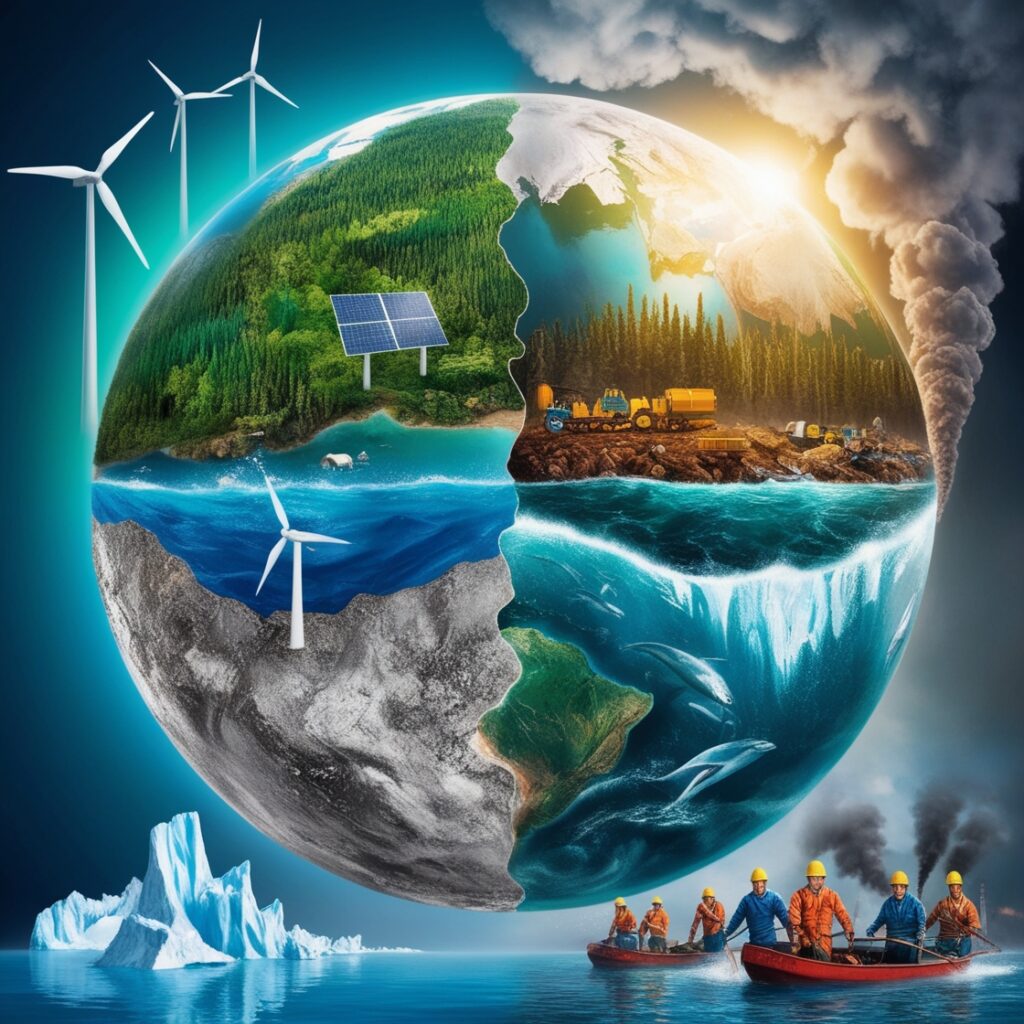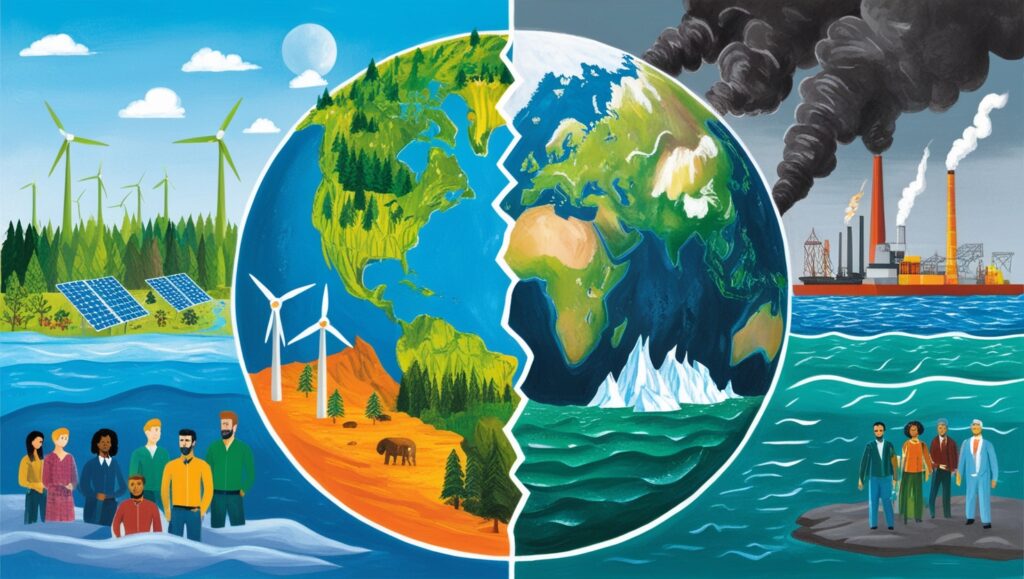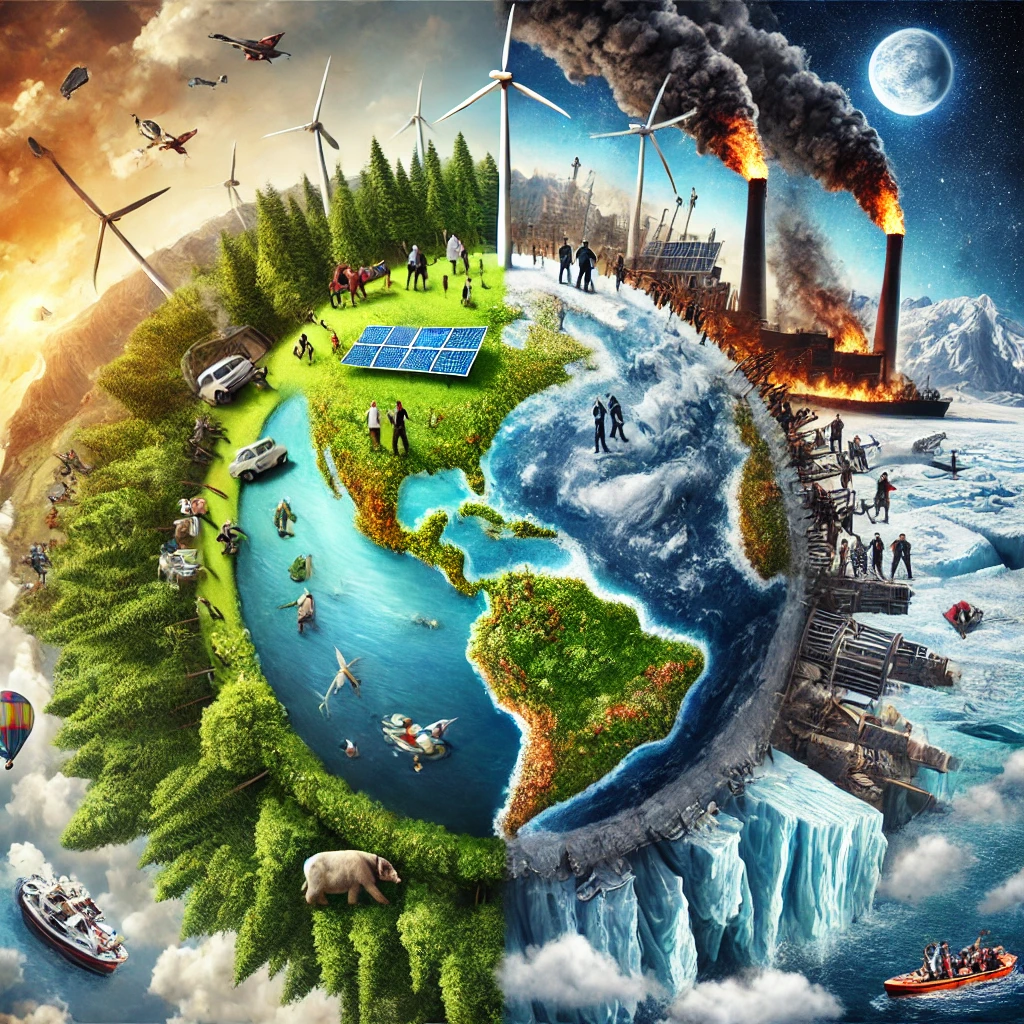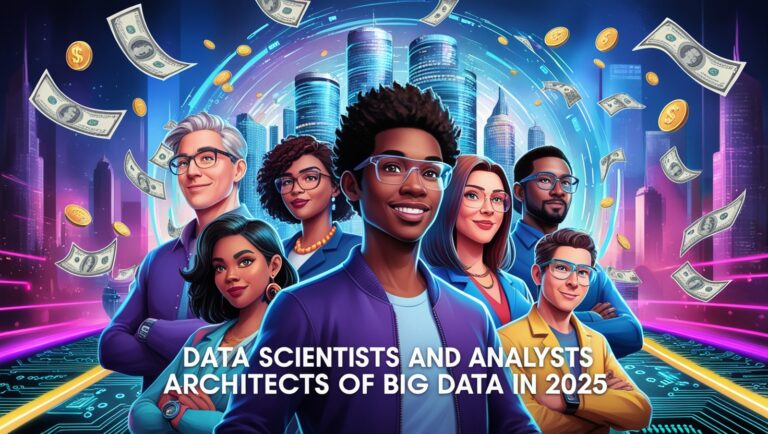Climate Change: A Global Challenge Requiring Urgent Action
Climate change, one of the most pressing issues of our time, refers to long-term changes in temperature, precipitation, and weather patterns, largely driven by human activities such as burning fossil fuels, deforestation, and industrial processes. The consequences of these changes are evident in rising global temperatures, melting glaciers, more frequent and intense natural disasters, and shifting ecosystems.
Causes of Climate Change
The primary driver of climate change is the increased concentration of greenhouse gases (GHGs) in the atmosphere, including carbon dioxide (CO₂), methane (CH₄), and nitrous oxide (N₂O). These gases trap heat, creating a “greenhouse effect” that warms the Earth. Human activities, such as reliance on coal, oil, and gas for energy, have amplified this effect, pushing the planet toward dangerous levels of warming.

Impacts of Climate Change
- Rising Temperatures: Global temperatures have risen by approximately 1.1°C since pre-industrial levels. This warming has led to heatwaves, droughts, and wildfires.
- Melting Ice and Rising Seas: Polar ice caps and glaciers are melting at an alarming rate, contributing to sea-level rise that threatens coastal cities and small island nations.
- Extreme Weather Events: Hurricanes, typhoons, and floods are becoming more frequent and severe, causing devastation to communities worldwide.
- Ecosystem Disruption: Changes in climate have disrupted ecosystems, causing shifts in animal and plant species and threatening biodiversity.
The Path to a Sustainable Future
To combat climate change, a collective global effort is required. Key solutions include:
Transitioning to Renewable Energy: Solar, wind, and hydroelectric power can reduce dependency on fossil fuels.
Reforestation and Conservation: Planting trees and protecting forests can absorb CO₂ from the atmosphere.
Sustainable Practices: Adopting energy-efficient technologies and promoting circular economies can minimize waste and emissions.
International Cooperation: Agreements like the Paris Accord aim to limit global warming to 1.5°C through shared commitments.

Individual Actions
While systemic change is crucial, individuals can contribute by reducing energy consumption, using public transportation, eating a plant-based diet, and advocating for sustainable policies.
Climate change is a monumental challenge, but with science, innovation, and global collaboration, a more resilient and sustainable future is within reach.








Systemic change is crucial, individuals can contribute by reducing energy consumption, using public transportation, eating a plant-based diet, and advocating for sustainable policies
Thank you bro. Happy New year, greetings to family